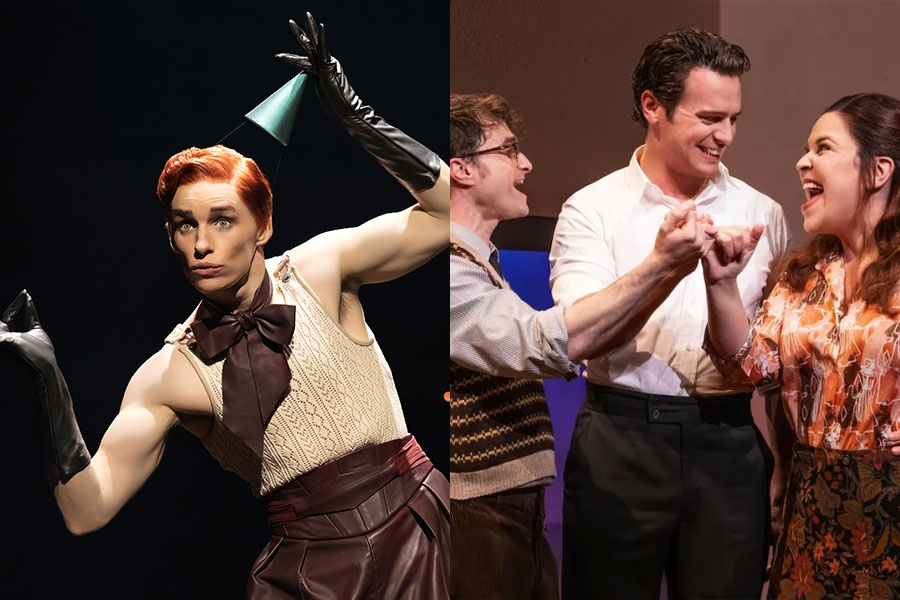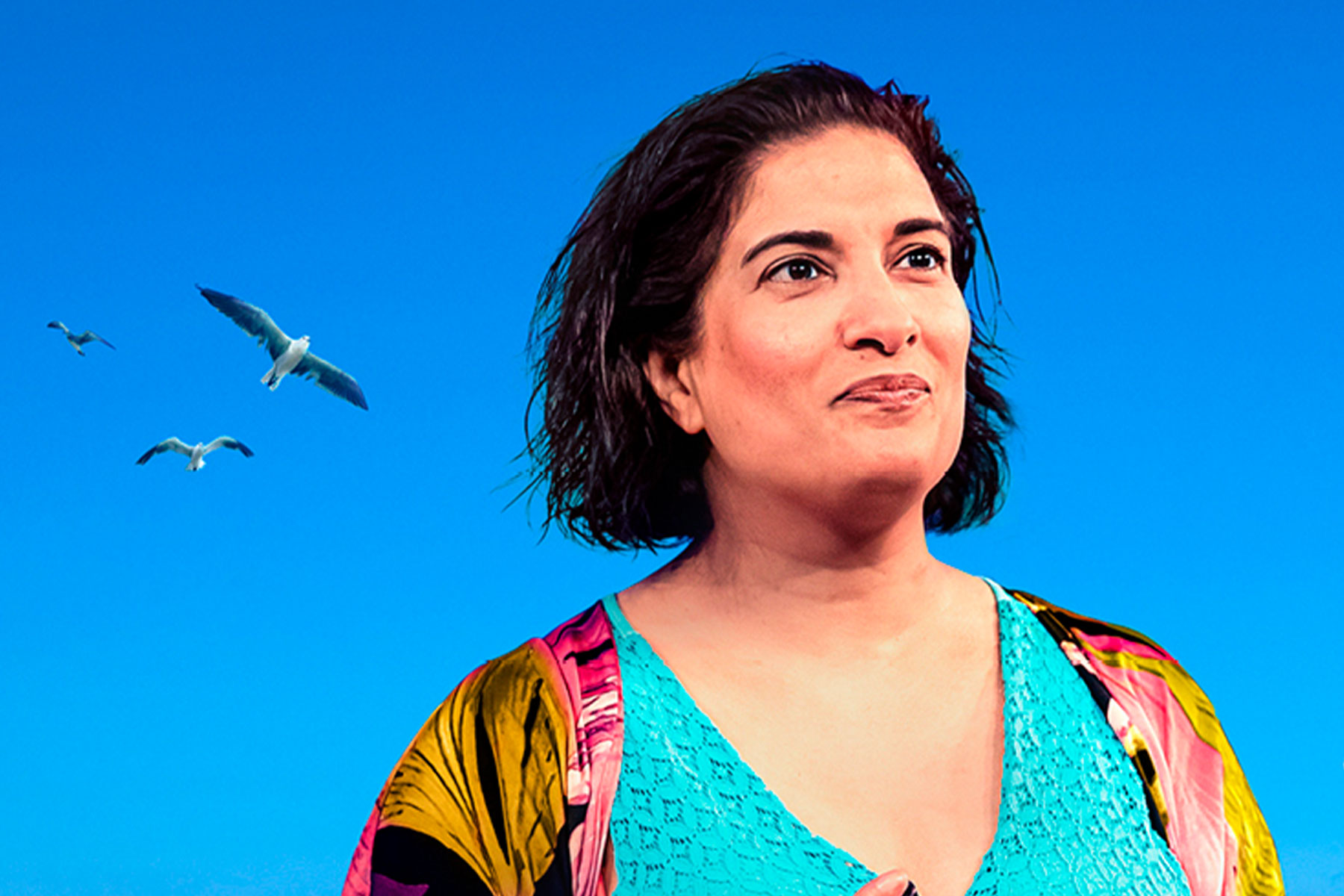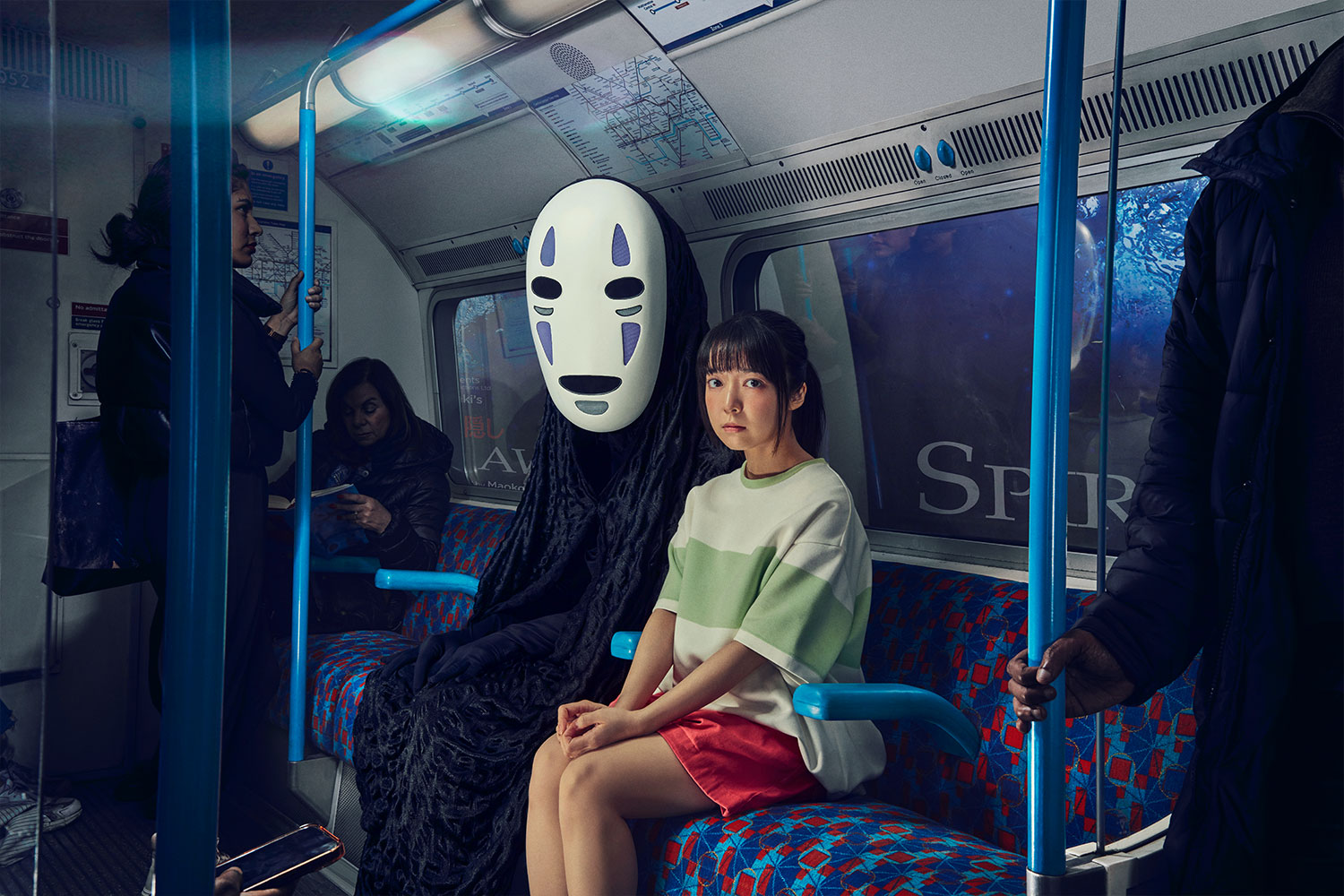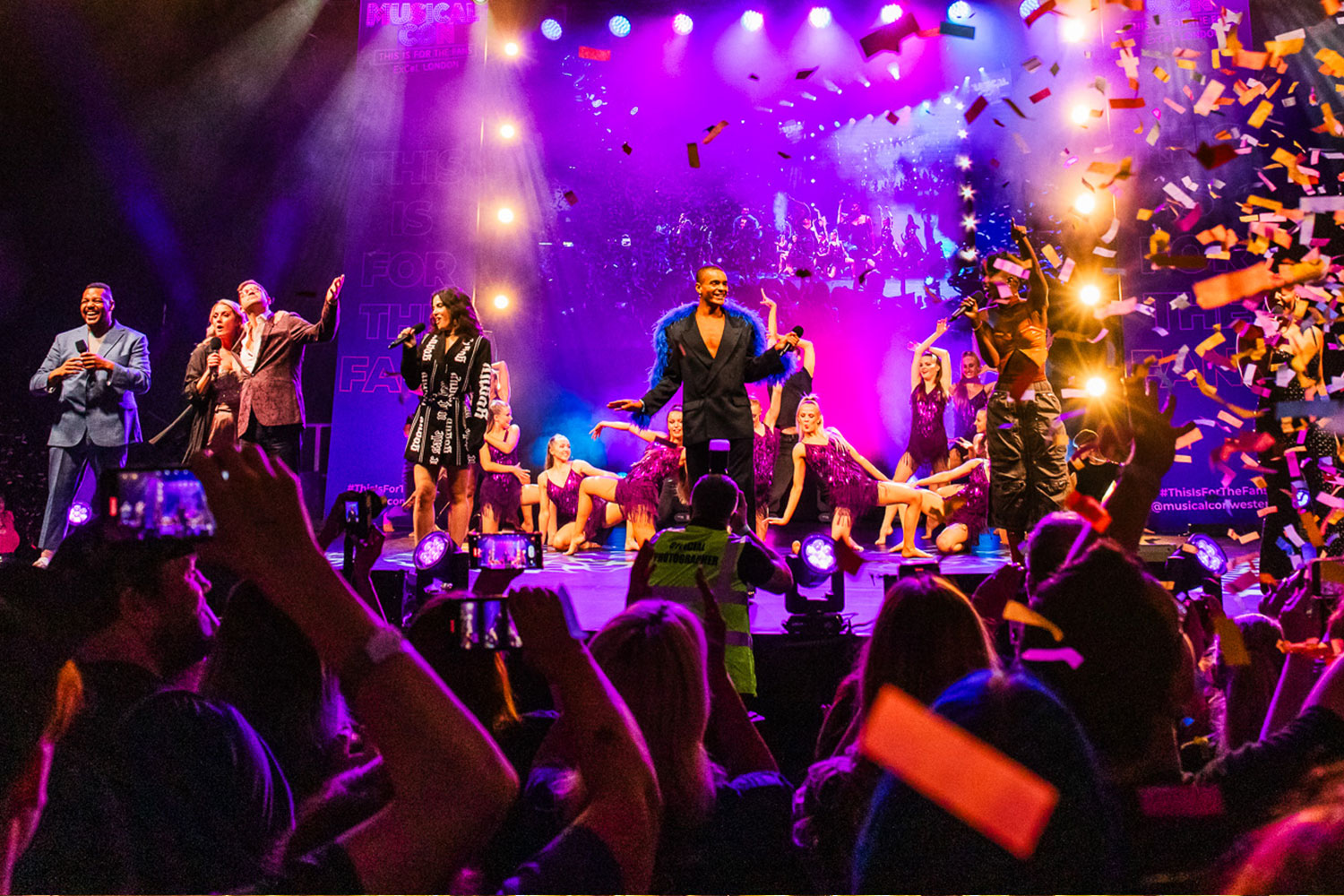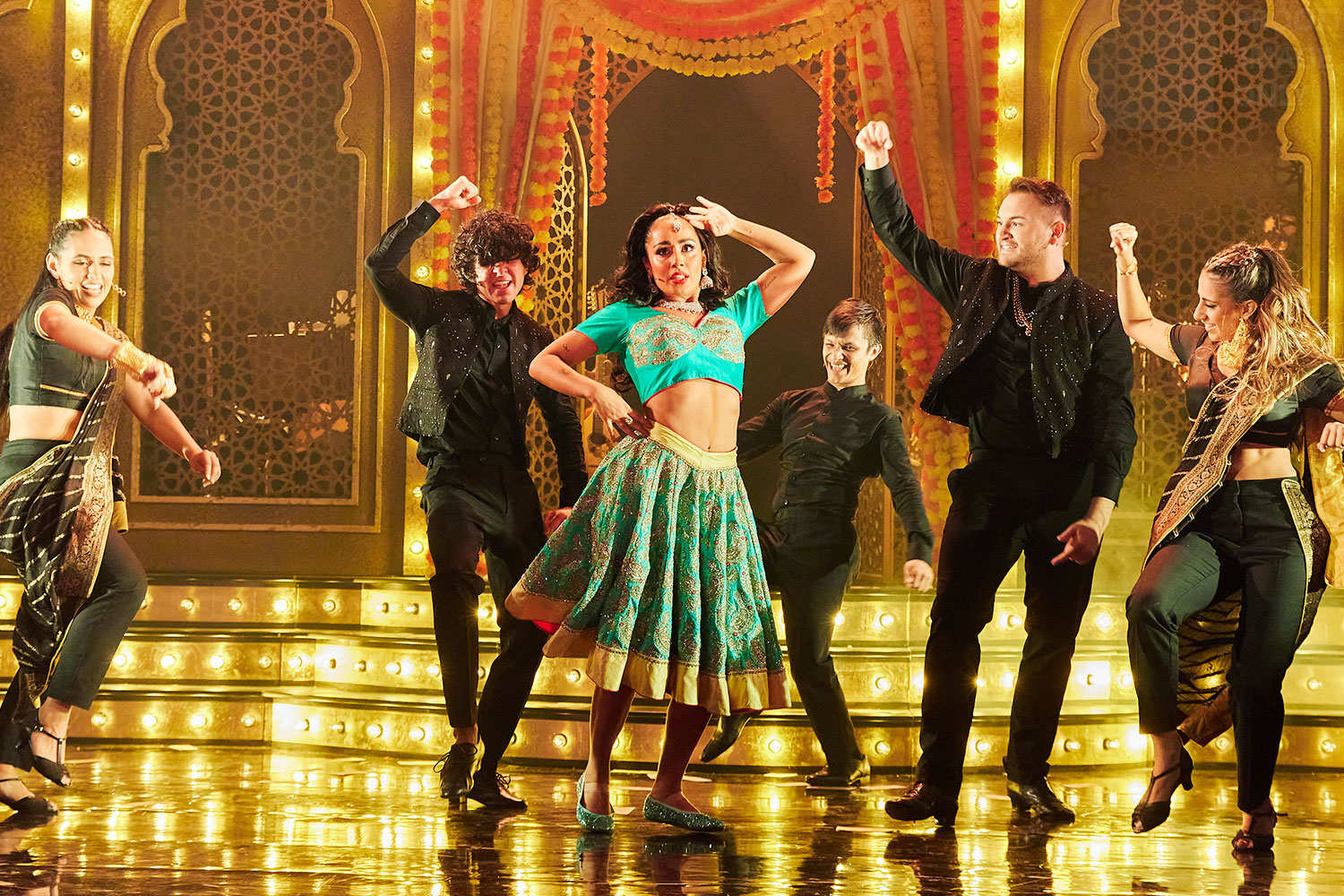Lucio Gallo discusses his roles in the Royal Opera’s new il Trittico
Italian baritone Lucio Gallo has a celebrated career that spans over two decades. He made his Royal Opera debut in the early 90s as Mozart’s Figaro and has recently added heavier roles to his repertoire including Verdi’s Simon Boccanegra and Iago (Otello). Covent Garden audiences have been lucky to hear him in both these roles and he returns next summer to sing Iago once again, but before that he’s in London to open the Royal Opera’s season by taking on two characters in Puccini’s triptych, Il Trittico, which has not been performed in its entirety for over forty years in the house.
Before conversation turns to the Puccini, he describes how he had a very unconventional introduction into the world of music. “I used to hate opera so my mother tried to get me interested in it, but I remember listening a recording of Otello and whilst the singers produced this amazing sound, I couldn’t understand what they were singing about as they never articulated the consonants. My main interest at that time, when I was around 15 years old was Glen Miller and the ‘big-band’ sound.” As this was Lucio’s passion he decided to pursue it as a career and in what he describes as his first ‘proper’ job found himself playing bass guitar on the cruise ships.
Six years later a friend of his suggested that he should audition for the Conservatoire in Turin, but as a singer. “My reaction was ‘what are you talking about – I’m not a singer’, but I did and I sang ‘New York, New York’ for my audition. One of the teachers who was present was shocked by that choice but they must have heard that there was a sense of musicality in my voice as I got in.” Being an Italian baritone one might have assumed that Lucio began singing the Italian bel canto repertoire, “but all I sang for the first three years was Schumann, Schubert and Mozart – lots of lieder alongside songs by Ravel and Debussy – you know a Schumann lied isn’t that far away from ‘My Way…’”, and he gives me a brief rendition to prove his point and immediately I see what he means.
During his time at the Conservatoire Lucio began to fall in love with opera especially when he realised that acting was as important as the singing, “for me opera is the most beautiful and complete art form – with good actors and singers on the stage with opera you can have everything and you get a huge adrenaline rush from being part of it.”
He is full of praise for his teacher, Elio Battaglia, who is also his best friend, citing him as one of the most important influences on him over the last 25 years “as he taught me everything I know, advised me on repertoire and has been a constant presence in my life over the years.” We discuss the many landmarks in Lucio’s career but he is keen to point out that meeting Claudio Abbado was a significant turning-point in his life. “My teacher wrote to Claudio Abbado and back then Abbado was an important influence in all the main houses – he was a key to getting work at the most prodigious prestigious addresses.”
This was in 1987 but just before that he was called by his teacher as Luciano Pavarotti, who ran a well-known singing competition in Philadelphia, was staging performances of La Bohème with the winners, but the great Italian tenor wasn’t happy with the baritone so Lucio auditioned and took over the part when the production came to Europe. “After the premiere Luciano’s wife, Adua, came into my dressing room and told me that she was opening a new agency and wanted to represent me, so of course I said ‘Yes’.”
The meeting with Abbado went well and within a year or so Lucio made his debut at the Vienna State Opera as Guglielmo in Cosi fan tutte, with Harnoncourt conducting and four months later he sang Leporello opposite Ruggero Raimondi as Don Giovanni. He then went on to sing Mozart’s Figaro, which was to become his calling card as it was with this role that he made his Royal Opera debut in 1991. Mozart was to occupy him for the next decade as he made his debuts in all the major opera houses throughout the world including New York, San Francisco, Chicago, Paris and Milan. “I sang Mozart as when you start your career you must be really careful what you sing so in addition to him I sang bel canto, Donizetti and Rossini.”
It was the careful nurturing of the voice in the early years that has allowed Lucio to add heavier roles over the last ten years, most notably Iago in Otello and the title role in Simon Boccanegra. He is back at Covent Garden to sing not one, but two roles in Richard Jones’ complete staging of Puccini’s Il Trittico. “I have loved working with Richard – he is so meticulous about what he wants and he really knows how to draw out the best performances from us. Michele in il Tabarro is a man seething with jealousy and the opera is very dark, very tragic. His situation is hopeless – he and his wife lost a child the year before the opera is set, and this has had a huge impact on him. Gianni Schicchi is completely different and as a native Italian speaker I can’t wait to perform it here – Puccini has set the Italian language brilliantly, and Richard’s staging is wonderfully alive to all the nuances in the text. I am very much looking forward to performing in both these works, and am enjoying working with Tony (Pappano) again. He is one of the greatest opera conductors in the business and every time I work with him I learn something new.”
Lucio Gallo sings Michele and Gianni Schicchi in Richard Jones’ complete staging of Il Trittico at The Royal Opera conducted by Antonio Pappano from 12 September. www.royalopera.org



